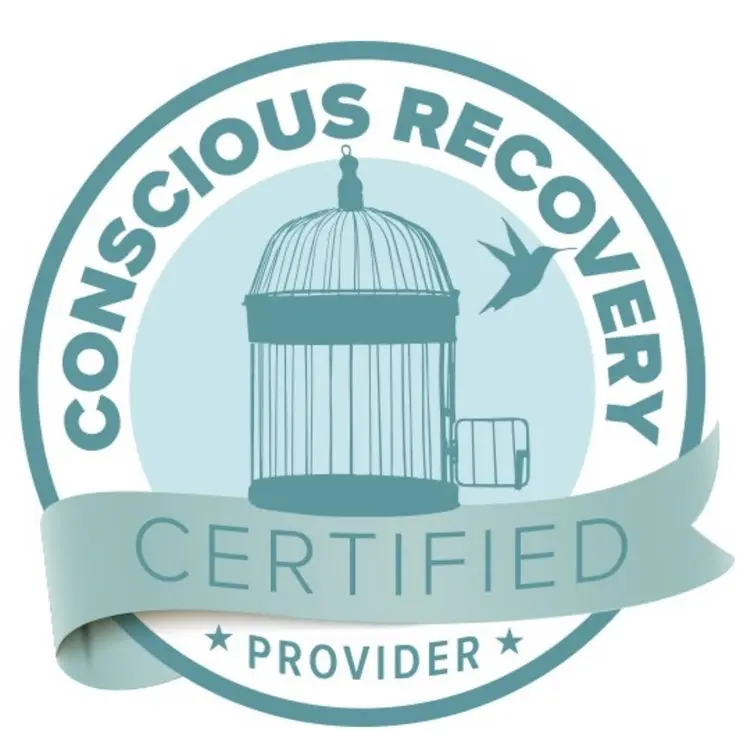[1] McIntyre, R. S., Alsuwaidan, M., Baune, B. T., Berk, M., Demyttenaere, K., Goldberg, J. F., Gorwood, P., Ho, R., Kasper, S., Kennedy, S. H., Ly-Uson, J., Mansur, R. B., McAllister-Williams, R. H., Murrough, J. W., Nemeroff, C. B., Nierenberg, A. A., Rosenblat, J. D., Sanacora, G., Schatzberg, A. F., Shelton, R., … Maj, M. (2023). Treatment-resistant depression: definition, prevalence, detection, management, and investigational interventions. World psychiatry : official journal of the World Psychiatric Association (WPA), 22(3), 394–412. https://doi.org/10.1002/wps.21120
[2] Jones, J. L., Mateus, C. F., Malcolm, R. J., Brady, K. T., & Back, S. E. (2018). Efficacy of Ketamine in the Treatment of Substance Use Disorders: A Systematic Review. Frontiers in psychiatry, 9, 277. https://doi.org/10.3389/fpsyt.2018.00277




